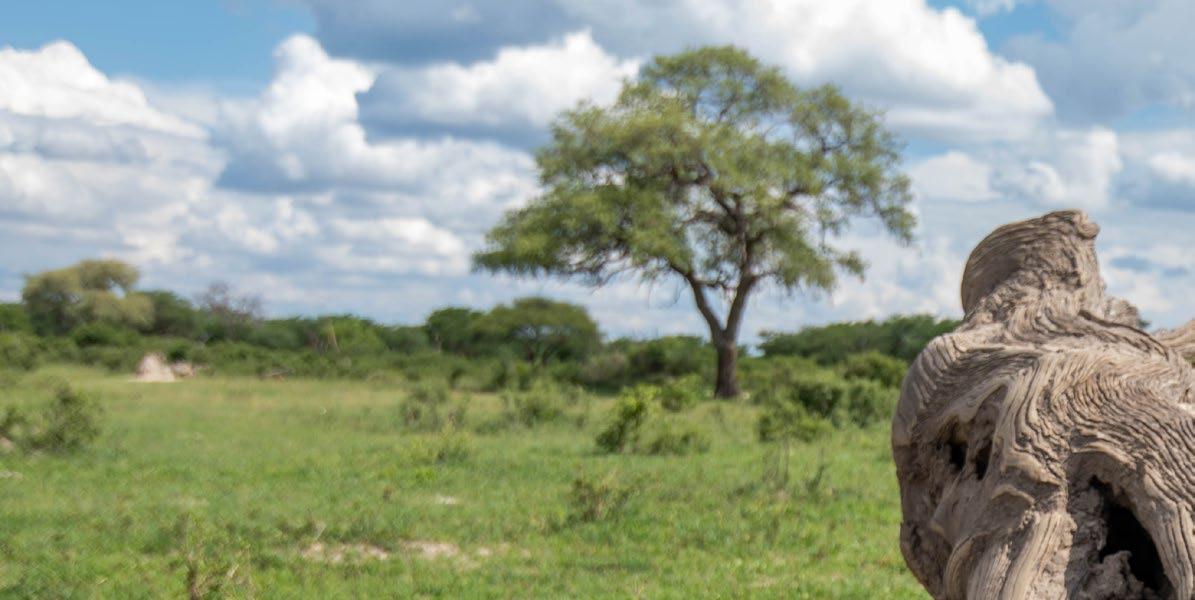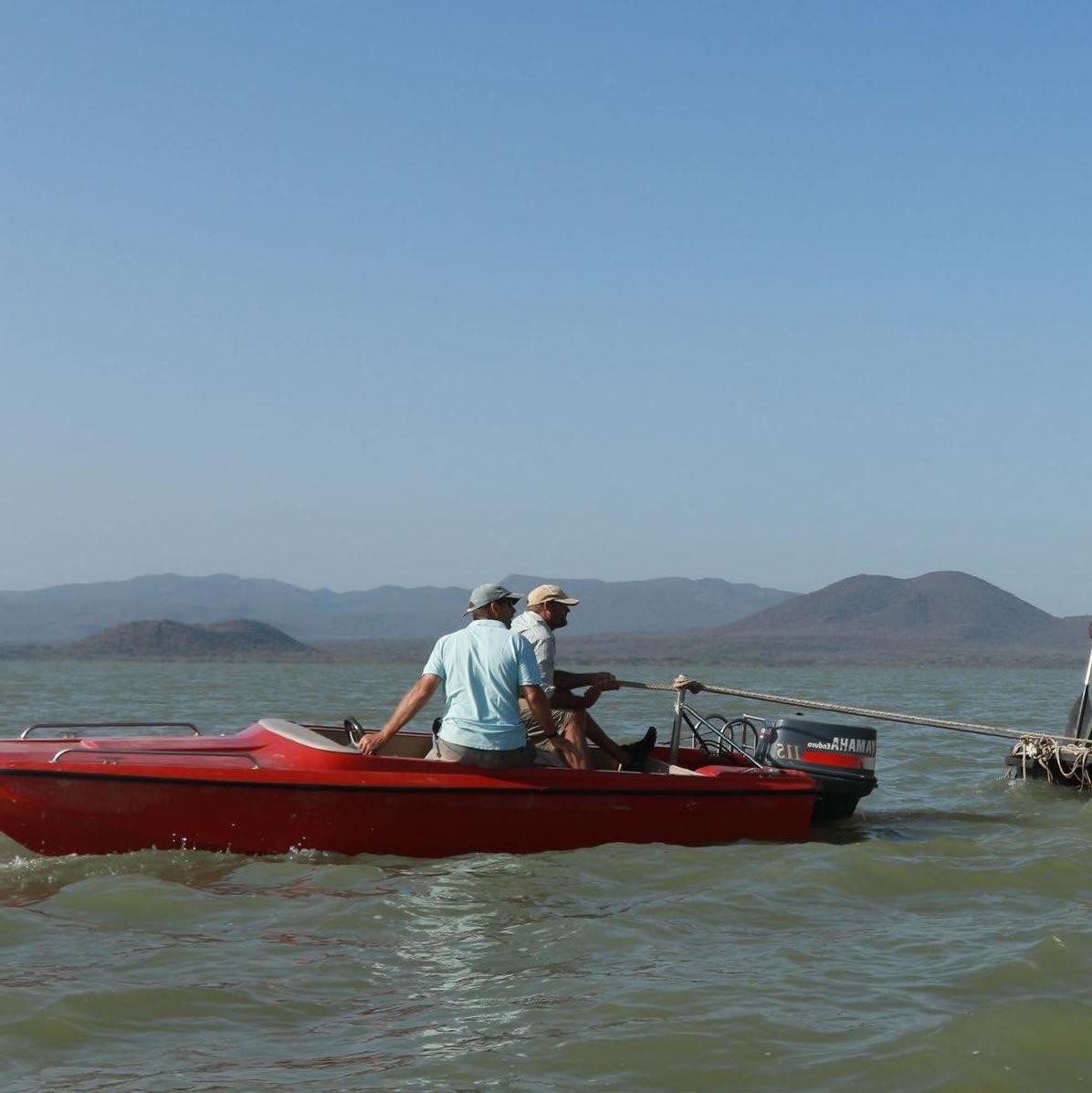Beatrice Karanja Tusk Trustee
A reimagined African culture of giving African philanthropy has always exisited. It is rooted in a word that is familiar throughout the continent. Ubuntu. While there may be a multitude of variations in how it is pronounced across the 54 nations of Africa, the essence and meaning is the same. A 2,000-year-old philosophy, Ubuntu can best be described as philosophy that places emphasis on 'being self through others'. It is a form of humanism which can be expressed in the phrases 'I am because of who we all are' – the belief in a universal bond of sharing that connects all humanity. It is also how, as a people, we gave meaning and description to the kind of relationship an individual person is expected to have with their family, community, society, environment and their spiritual world. In 2020, as the Covid-19 pandemic swept through the globe with lightning speed and the frenzied global giving that came with it to keep the most vulnerable from sinking further into poverty, desperation and the unknown, Africa’s spirit of Ubuntu quietly kicked in. Tony Elumelu, a Nigerian billionaire philanthropist, donated $14million to the Covid-19 response across 20 African countries, while down south in South Africa, a cohort of philanthropist billionaires each pledged a staggering $57million to the country’s efforts to mitigating the pandemic. While African philanthropy may be considered a nascent ideology, it is far from that. The culture of giving during prolonged or sudden crises is common and as old as Ubuntu itself. During the 2018 outbreak of cholera in Zimbabwe, Strive and Tsitsi Masiyiwa donated $10million toward ongoing efforts in their country. A year later they made a follow up donation of $60million. A staggering contribution that barely made the news outside of the continent. As the world evolves and with the likelihood of other pandemics emerging which will again leave in their wake devasting consequences, African culture of giving may need Tusk Talk | 2021 Magazine
Thank you to all who have supported us during these challenging times; your kindness and commitment is extraordinary.
rethinking, not only in validation but also in structure. Post-Covid being defined as the time where vaccines are readily available and where we learn to live with the pandemic, for the African continent, the opportunity must be seized to restructure our policies for and around our culture of giving. It is a time to reflect on the need to nurture African philanthropists that go beyond boundaries or sphere of influence towards a path of sustainable social action with the environment at the core. As the African continent and its people have leapfrogged through time in regards to innovation, economic growth, and development, we need to look into what Ubuntu Version 2.0 means for the future of our continent. 18










